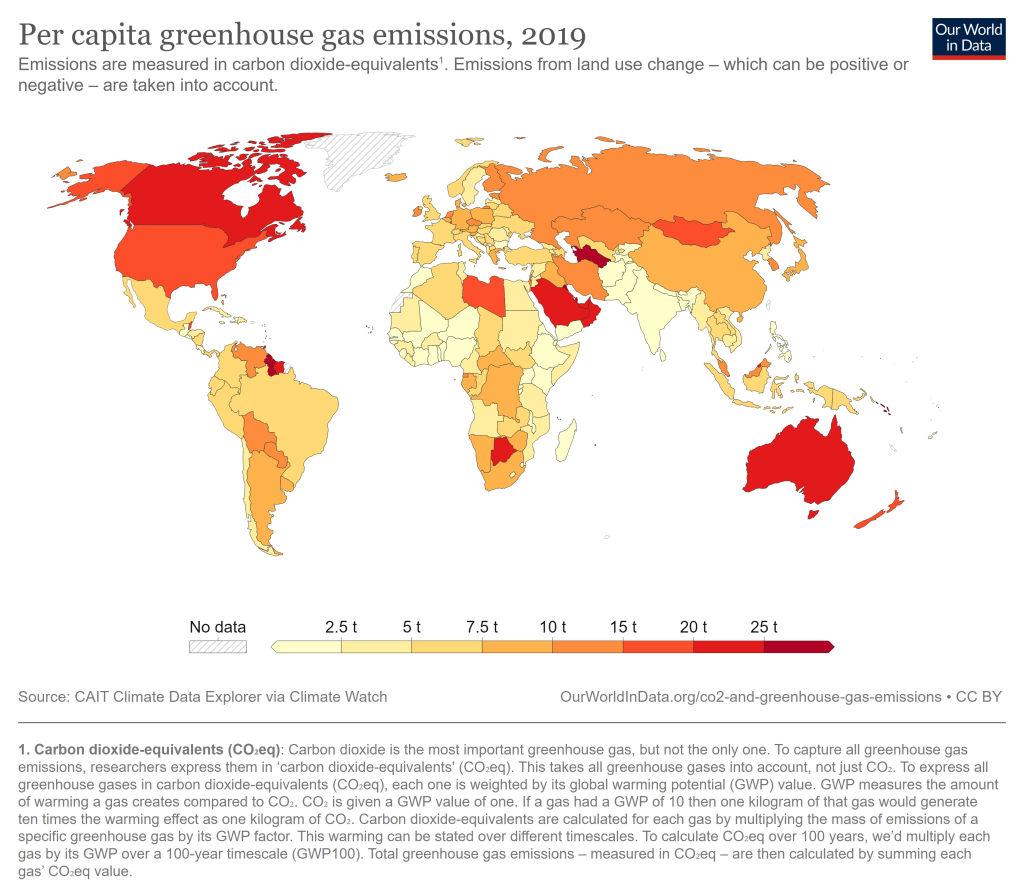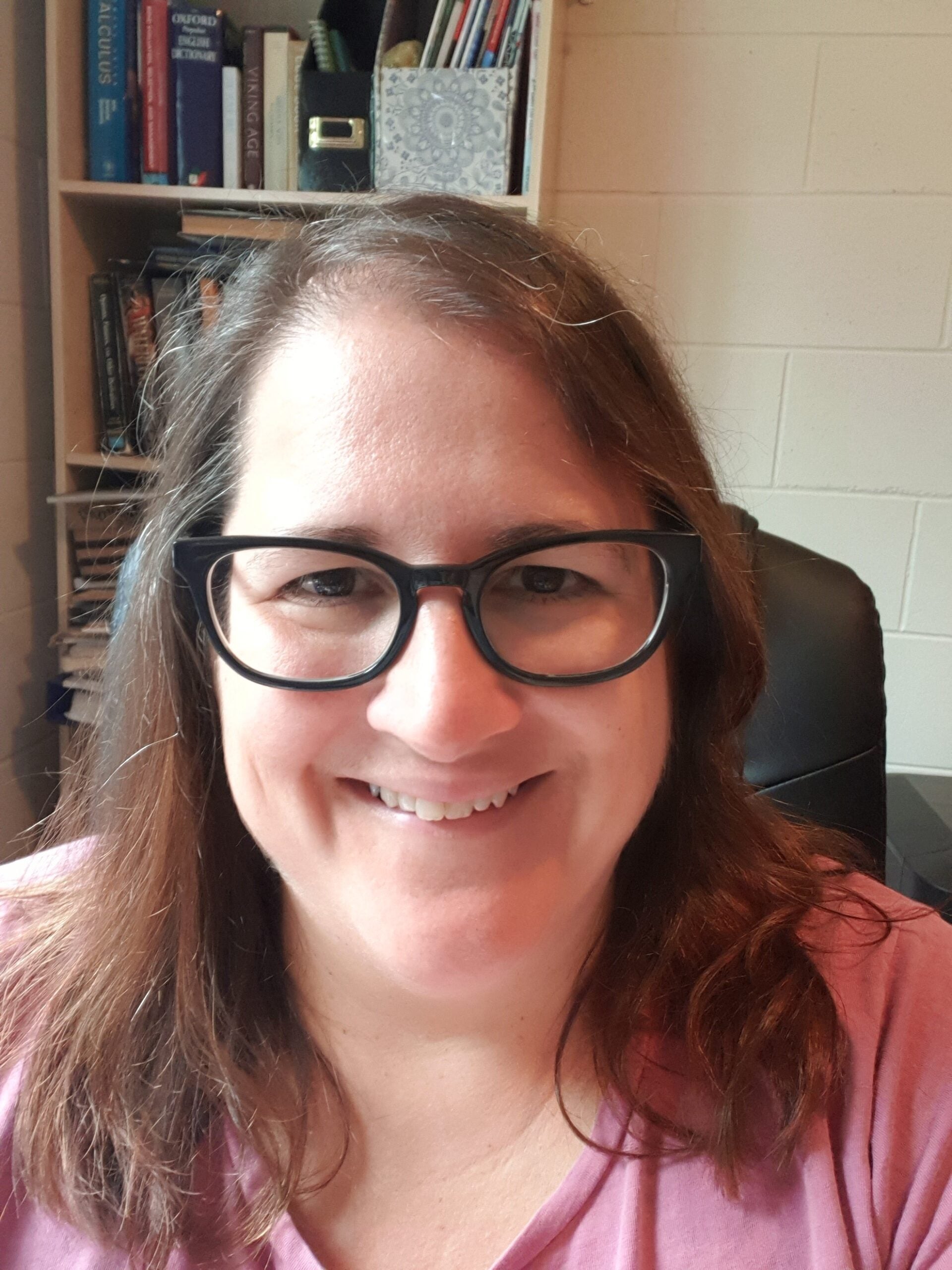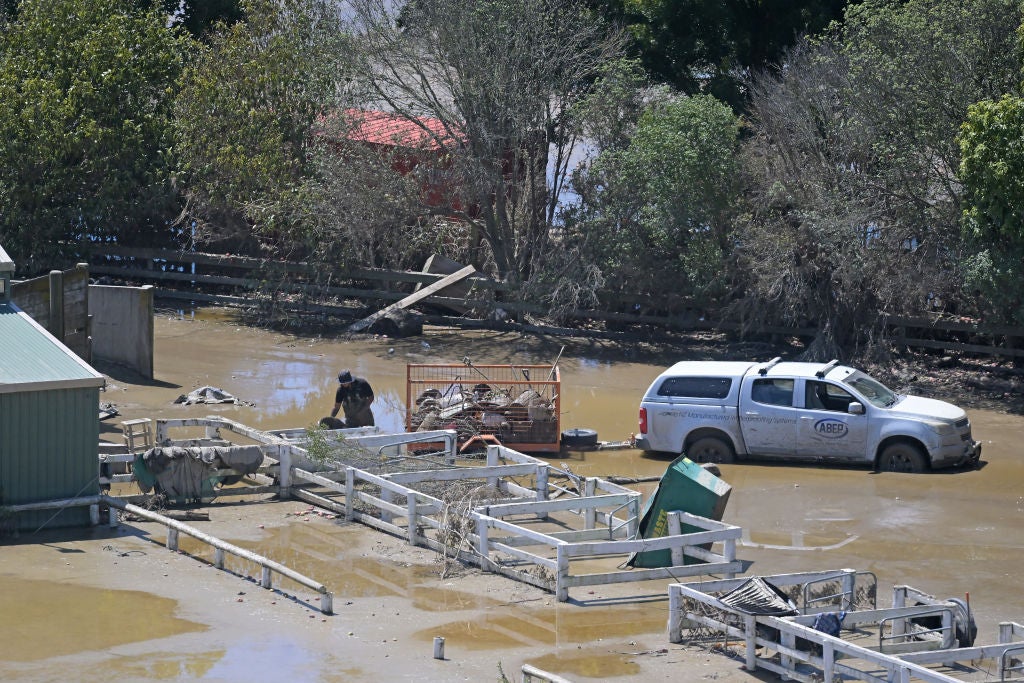Every two weeks for the past six weeks, the city I live in (Auckland, New Zealand) has experienced an extreme weather event. Unprecedented flooding at the end of January – during which the city saw a month’s worth of rain in just one day, after an already exceptionally wet summer – saw motorways inundated, landslips across town and thousands of houses under water (including mine – fortunately not in our main living areas). Auckland Council declared a state of emergency and the school holidays were extended while communities rallied to begin the big clear-up, set back by yet another heavy rainfall and more flooding just a few days later.
The final rainfall total for January was 539mm in Auckland – the wettest month ever, and more than 45% of the total annual average. According to the National Institute of Water and Atmospheric Research, as of 30 January, Auckland had experienced more than 8.5 times its typical January rainfall, pushed up in large part by the 1-in-200-years weather event of 27 January. By early February, the Insurance Council of New Zealand noted around 20,000 claims for losses and damage had been lodged; it warned that this number would grow as the clean-up continued so it was too soon to estimate insured losses.
A week later, warnings of an impending cyclone began as a tropical storm developed in the Pacific from 6 February. Each day, the forecast became that little bit more nerve-wracking, as it became clearer Auckland was once again in the firing line (alongside Northland and Coromandel, two regions that also experienced a horrifically wet summer). Community preparations began, with the council establishing free sandbag stations and residents urged to prepare for power losses and “go bags” in case they needed to evacuate. Authorities warned that Cyclone Gabrielle could be even more damaging than the floods two weeks prior.
So we prepared. We checked our drains were clear, secured loose items in the garden and emptied the gutters; the day after the storm passed, I realised my wrists were sore and bruised because I had had to clear the gutters a second time mid-storm as the wind had stuffed them full again with leaves and twigs. Physically, I was tired; psychologically, I was spent. In all my years of writing about climate change, I have not thought anywhere near enough about the mental health impacts until now.
While my little part of the city saw localised impacts from Gabrielle, the scenes in west Auckland and down the east coast of the North Island – from Gisborne down to Hawke’s Bay, which in the end took the brunt of the storm – were devastating. At the time of writing, 11 people have died as a result of Gabrielle and three are still missing or uncontactable. Whole communities have been washed away or isolated, and in some cases, it took days for civil defence help to come.
[Keep up with Energy Monitor: Subscribe to our weekly newsletter]

US Tariffs are shifting - will you react or anticipate?
Don’t let policy changes catch you off guard. Stay proactive with real-time data and expert analysis.
By GlobalDataThe two events have sparked a national conversation about climate change and “managed retreat“, with questions about where things are being built, how they are being built and should they even be built. It is clear that some houses never should have been built where they were and there are big questions now about the cost of buying these properties back and assisting communities to rebuild on safer land. Legislation to establish a system for managed retreat in New Zealand is to be introduced this year following consultations last year, but help and decisions are needed now.
Climate change is real, it is happening now and it is a crisis.
As we geared up for yet another significant rainfall last week, however, the denialists were able to find platforms. One opposition MP said she was waiting for evidence that climate change was man-made, recanting a few hours later after party leaders presumably had words. Others have been calling for a focus on adaptation, saying that climate change is here and there is nothing we can do about it. Still others have tried to argue that because New Zealand’s share of global greenhouse gas (GHG) emissions is so low (0.2%), any efforts here are undone by growing emissions elsewhere. These sceptics often cite China and India, ignoring that New Zealand’s per capita emissions – 15.18 tonnes of CO2 equivalent (tCO2e) in 2019, according to Our World in Data – places the country in the top 25 countries in the world on this metric. (China, by comparison, had per capita emissions of 8.41tCO2e in 2019 and India 2.46tCO2e.)

The climate alarm bell has been ringing for some time now. Our response has been far too slow. Global GHG emissions are still growing, with the Brookings Institution late last year estimating that they would reach 58 gigatonnes of CO2e in 2022, while the International Energy Agency recently reported that global methane emissions remain near record highs. Each day we stymie decarbonisation is another day lost in our rapidly narrowing window to avert the worst effects of climate change. Efforts to slow-roll emissions cuts or even stop them altogether – and simply adapt – are unhelpful and ill-informed. We need to redouble our efforts, to reach higher and move faster.
A speech given by New Zealand’s Climate Minister James Shaw the day after Cyclone Gabrielle hit the country continues to resonate as we clean our house after it has been flooded for the fourth time in six weeks. “I don’t think I have ever felt as sad or as angry about the lost decades we spent bickering and arguing about whether climate change was real or not, whether it was caused by humans or not,” he told Parliament. “It is clearly here now and, if we do not act, it will get worse.”






